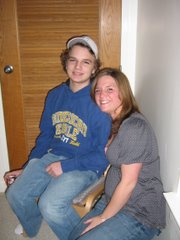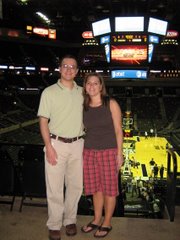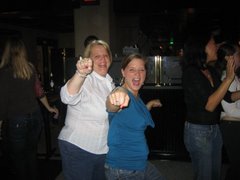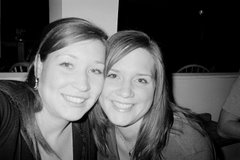Let me begin by pointing out that historical fiction is one of my favorite genres. I become transported to another place and time and I live there with the characters. I try to imagine what it was like during that time, and then I think about doing some research about that time period. I have actually read a few historical fiction books in the past few weeks and I was reminded of how much I enjoy reading them.
I Had Seen Castles was no different. I had to keep in mind that this was a young adult fiction book. I read through it in one sitting because I was engrossed in the story line. I have to admit that I kept having to remind myself that it was written by Cynthia Rylant. Most of her other works have not captured my attention as this book did. The language was appropriate for a man telling of his past. He recalled some details with longing to be that boy again, and some details that he would rather not be reminded of. There were a few scenes that I questioned the author. How could a woman ever know the thoughts of a man in war? I suppose she could do research and interviews, but could she ever really know what it was like. Apparently she did.
I really lived in the '40's while I read this book. I recalled movies and television shows I have seen that depicted this time period. I tried to place myself in the dirty, smelly, crowded streets of Pittsburgh surrounded by men in uniforms. I put myself in Ginny and Diane's shoes. Thinking of how I would cope with letting go of men that I grew fond of, especially those who I had made plans for the future with, was difficult. Although I've never truly experienced this to such an extent, I drew from my experience of a significant other being on deployment for several months. And honestly, I related to Ginny not receiving letters back from John; a relationship with so many plans just ending through a letter (or in Ginny and John's case, no letter at all). I actually reflected on how a young man could break a young girl's heart without much consideration or turmoil. Not until the end of the book did I realize there was consideration and turmoil in John. He knew he made a mistake that he could never take back and that forever changed his life.
I also tried to remember learning about WWII during high school and college, but not much came to mind. I wish that I had had a book such as this to read while I was learning about this part of history. I think more of the information would have stuck with me. I understand the importance of using literature in all content areas.
Many of my close friends and family know me as Trish. My mom developed the name "Trish the Dish" while exploring rhyming words when I was younger. Now I'm going to "Dish It Out" here on my blog!
Subscribe to:
Post Comments (Atom)




4 comments:
I agree with your point about how Rylant could have seen the war through a man's eyes as she so realistically portrayed. This book seemed one of her masterpieces. I noticed the subtle romantic turn-around, also. There was definitely a love story amid the horrors of war. It must have been what kept John going. I was shocked with the no-holds-barred descriptions of lost limbs and horrific deaths Rylant described so plainly. I can't imagine the depth of the scars on a young soldier's mind as he tries to stifle those thoughts through a lifetime.
I, too, kept wondering how Rylant could know the perspective of a young boy so well. At the end of the book in the interview with Rylant, she mentions that she uses her heart to write, instead of much research. I guess some feelings are just so universal that it doesn't matter who writes it.
I respect your admiration for historical fiction. Although it is not my favorite genre, I do agree that Rylant's description of WWII through John's perspective was amazing! I also believe that reading this book during a WWII study would help students create mental images and better understand the war. I know that even as an adult reader, the text really help bring the many feelings and emotions of war to life for me. I can only imagine how powerful this text would be for students studying WWII.
Also, I was heartbroken at the end of the story that John did not go to Smithfield to find Ginny once he returned from the war. I think you added a different perspective to my thinking, saying he made a mistake. Somehow I overlooked him not returning letters as a mistake, I just thought him not writing during war meant that he really didn't know what to say to her. However, I still wanted him to find her and thank her for her inspiring words "You will be an old man" after he returned from war. I think it is interesting how we viewed the lost love differently in the novel.
Like you, I finally found a Cynthia Rylant book that I could get in to. Rylant did an excellent job seeing the war through the eyes of a young man. I found this book totally engrossing.
Post a Comment